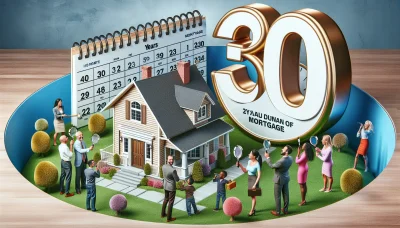Home inspection tips Quiz
Test Your Knowledge
Question of
Understanding Home Inspections
The Role of a Home Inspector
Home inspectors play a crucial role in the home buying process, assessing the condition of a home and identifying any potential issues. Their evaluations are comprehensive, covering various aspects of the property to ensure buyers are fully informed.
Qualifications and Certifications
Home inspectors are required to have specific qualifications and certifications to conduct inspections. These qualifications ensure they have the necessary knowledge and skills to assess different components of a home accurately.
Scope of Inspection and Limitations
The scope of a home inspection covers major systems and components such as the roof, foundation, electrical, and plumbing systems. However, it's important to note that there are limitations; for instance, inspectors might not assess hard-to-reach areas or systems not visible during the inspection.
Preparing for the Inspection Day
Documents to Have Ready
Having certain documents ready can facilitate a smoother inspection process. These may include any repair records, warranties for appliances or systems, and any other relevant documents related to the home's condition.
Areas to Clean and Clear
To ensure the inspector can access all necessary areas, homeowners should clean and clear spaces around major systems and components. This includes removing obstructions around the furnace, water heater, and electrical panel, among others.
Key Areas Evaluated During Home Inspections
-
Structural Integrity Assessment
- Foundation and Basement Evaluation
- Roof and Attic Inspection
-
Systems and Components Check
- Electrical System Safety
- Plumbing System Efficiency
Common Issues Uncovered in Home Inspections
-
Minor Maintenance Concerns
- Cosmetic Flaws and Fixes
- Wear and Tear Considerations
-
Major Defects That Impact Value
- Significant Structural Damage
- Outdated or Unsafe Electrical Wiring
Navigating Post-Inspection Processes
Understanding the Inspection Report
- Interpreting Report Terminology
- Prioritizing Recommended Repairs
Negotiating Repairs and Concessions
- Communicating with Sellers
- Reaching Mutually Beneficial Agreements
Pre-Inspection Tips for Sellers
Enhancing Curb Appeal and Interior Presentation
-
Landscaping Improvements
Enhance the appeal of your property by maintaining the lawn, planting flowers, and ensuring walkways are clear and inviting.
-
Decluttering and Staging Interiors
Make your home feel spacious and welcoming by decluttering personal items and staging rooms to highlight their best features.
Addressing Known Issues Beforehand
-
DIY Fixes vs. Professional Repairs
Assess which repairs you can do yourself to save money and which ones require a professional to ensure safety and quality.
-
Disclosing Non-Remedied Problems
For issues not fixed, be transparent with potential buyers to avoid legal issues and foster trust in the transaction.
Long-Term Home Maintenance Strategies
-
Creating a Routine Maintenance Schedule
- Seasonal Checklist for Home Upkeep
- Tracking Repairs and Upgrades
-
Preparing for Future Inspections
- Documenting Maintenance and Repairs
- Staying Informed on Home Inspection Trends












